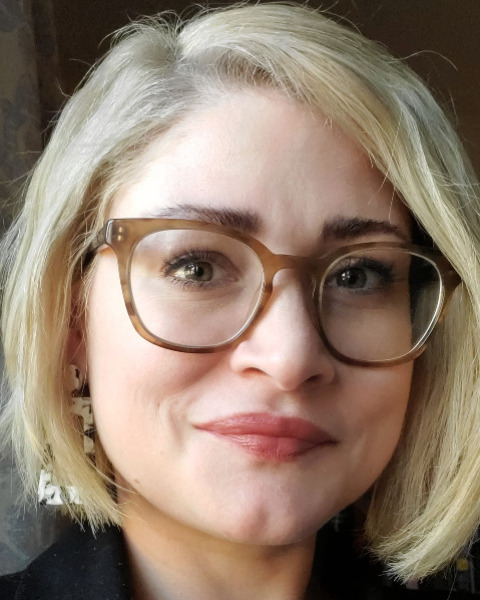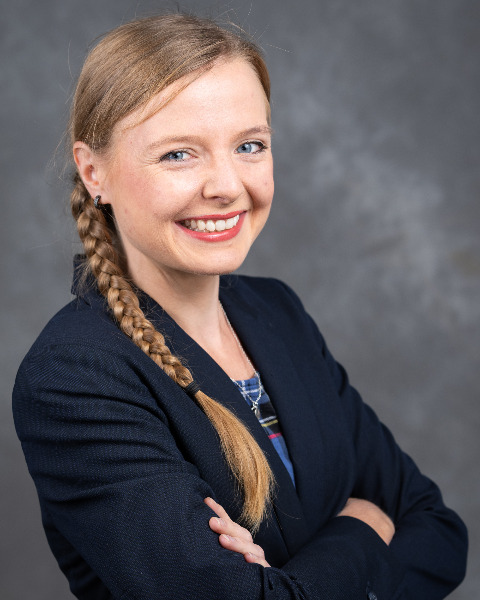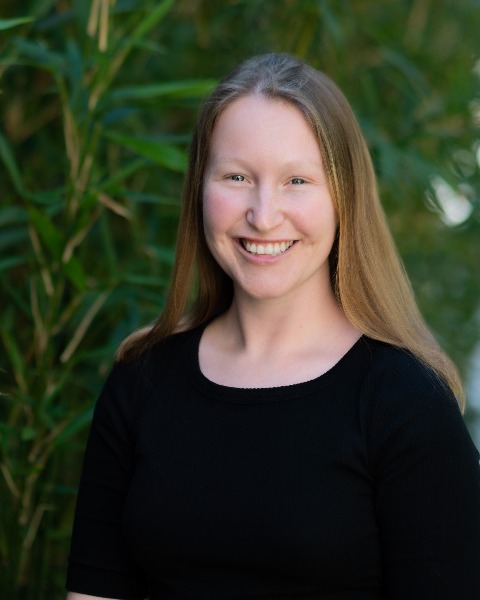Health Sciences
Sensory Loss in Aging: Spotlighting Junior and New GSA Investigators in the Sensory Health Special Interest Group
-

Jennifer Deal, PhD (she/her/hers)
Associate Professor
Epidemiology
Johns Hopkins University
Baltimore, Maryland, United States -

Heather Whitson, MD,MHS (she/her/hers)
Professor
Medicine
Duke University
Durham, North Carolina, United States -

Vidyulata Kamath, PhD (she/her/hers)
Associate Professor
Psychiatry and Behavioral Sciences
Johns Hopkins University School of Medicine
Baltimore, Maryland, United States -

Kening Jiang, MHS (she/her/hers)
PhD student
Epidemiology
Johns Hopkins Bloomberg School of Public Health
Baltimore, Maryland, United States -

Natascha Merten, PhD, MS (she/her/hers)
Assistant Professor
Department of Population Health Sciences
School of Medicine and Public Health, University of Wisconsin
Madison, Wisconsin, United States -

Erin Ferguson, MPH (she/her/hers)
PhD Candidate
Department of Epidemiology and Biostatistics
University of California, San Francisco
San Francisco, California, United States
Chair(s)
Discussant(s)
Individual Symposium Abstract First Author(s)
Our senses (hearing, vision, touch, taste, smell) are the means by which our brains perceive our environment, allowing us to engage and connect with our world. Recommendations for maintaining brain health and function with age include maintaining strong social connections and participating in intellectually stimulating mental and physical activities. However, our senses are what allow us to engage in these activities. Sensory loss is common in older adults, with over 2/3 of adults over age 55 experiencing loss in multiple senses. The goal of the Sensory Health Special Interest Group (SIG) is to foster collaboration and dissemination of research and clinical/educational resources for professionals interested in sensory health and the effects of sensory impairments on the overall health and well-being of older adults. This session will meet this goal by highlighting work that demonstrates the importance of sensory health with age conducted by outstanding Sensory Health SIG investigators who are early in their career path or who are new to GSA. We will start by discussing the importance of olfaction for mental health over time in older adults and vision for markers of neurodegeneration. We will then have three presentations that consider multiple risk factors, including sensory loss, for cognitive function. First, we will present on the moderation of the association between hearing loss and dementia by sleep. We will then present on the association between multisensory loss and cognitive test performance, and finally, how the inclusion of sensorimotor measures can improve prediction of subsequent neurodegeneration and cognitive impairment.
This is a Sensory Health Interest Group Sponsored Symposium.
Learning Objectives:
- Describe the association between sensory loss and biomarkers of neurodegeneration and Alzheimer’s disease and related dementias (ADRD)
- Describe the current epidemiologic evidence for a relationship between sensory loss and depressive symptoms and dementia in older adults
Presentations:
-
12:00 PM - 1:30 PM ETOlfactory Dysfunction and Depression Trajectories in Community-Dwelling Older Adults
Individual Symposium Abstract First Author: Vidyulata Kamath, PhD (she/her/hers) – Johns Hopkins University School of Medicine
-
12:00 PM - 1:30 PM ETModification of the Association Between Hearing Loss and Dementia Prevalence by Self-Reported Sleep Disturbances
Individual Symposium Abstract First Author: Kening Jiang, MHS (she/her/hers) – Johns Hopkins Bloomberg School of Public Health
-
12:00 PM - 1:30 PM ETAssociations of Objective Multisensory Impairment With Cognitive Impairment: The ARIC-NCS Study
-
12:00 PM - 1:30 PM ETSensory and Motor Functions Improve Long-Term Predictions of Neurodegeneration and Cognitive Decline
Individual Symposium Abstract First Author: Natascha Merten, PhD, MS (she/her/hers) – School of Medicine and Public Health, University of Wisconsin
-
12:00 PM - 1:30 PM ETAssociations of Visual Impairments and Ocular Disease With Brain Volumes and Dementia in UK Biobank
Individual Symposium Abstract First Author: Erin L. Ferguson, MPH (she/her/hers) – University of California, San Francisco
